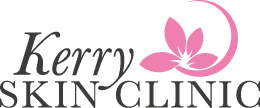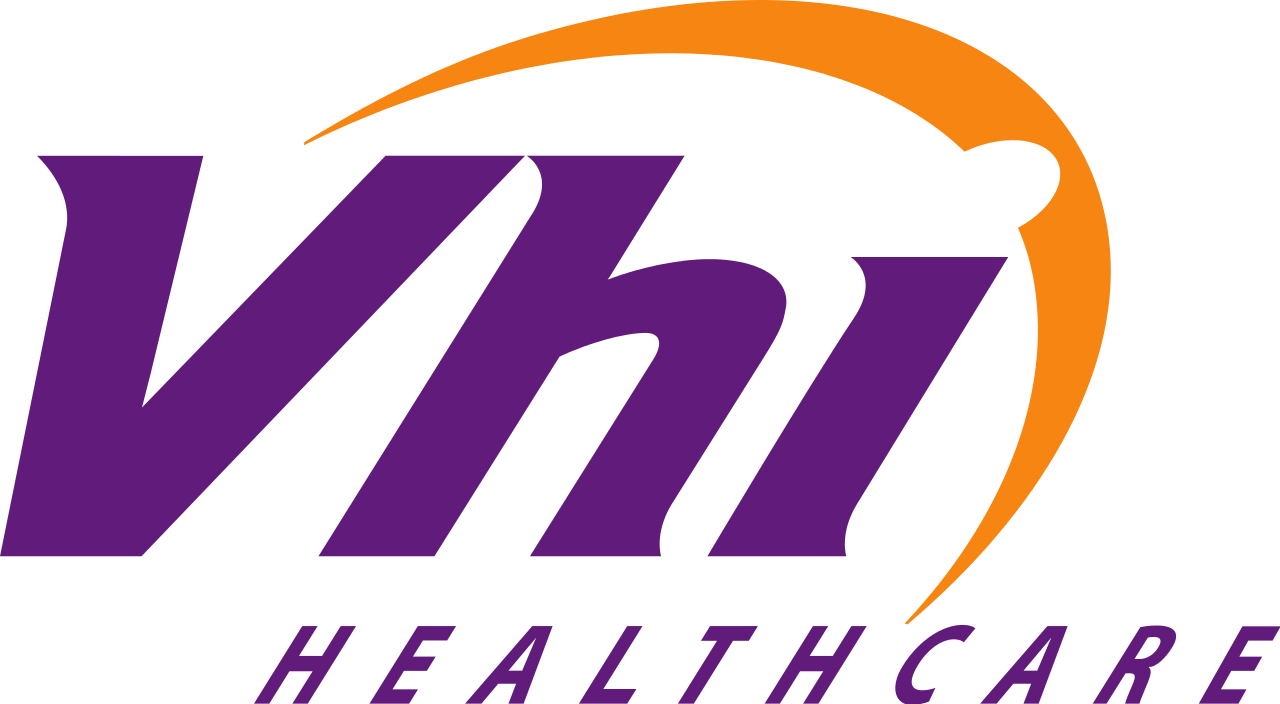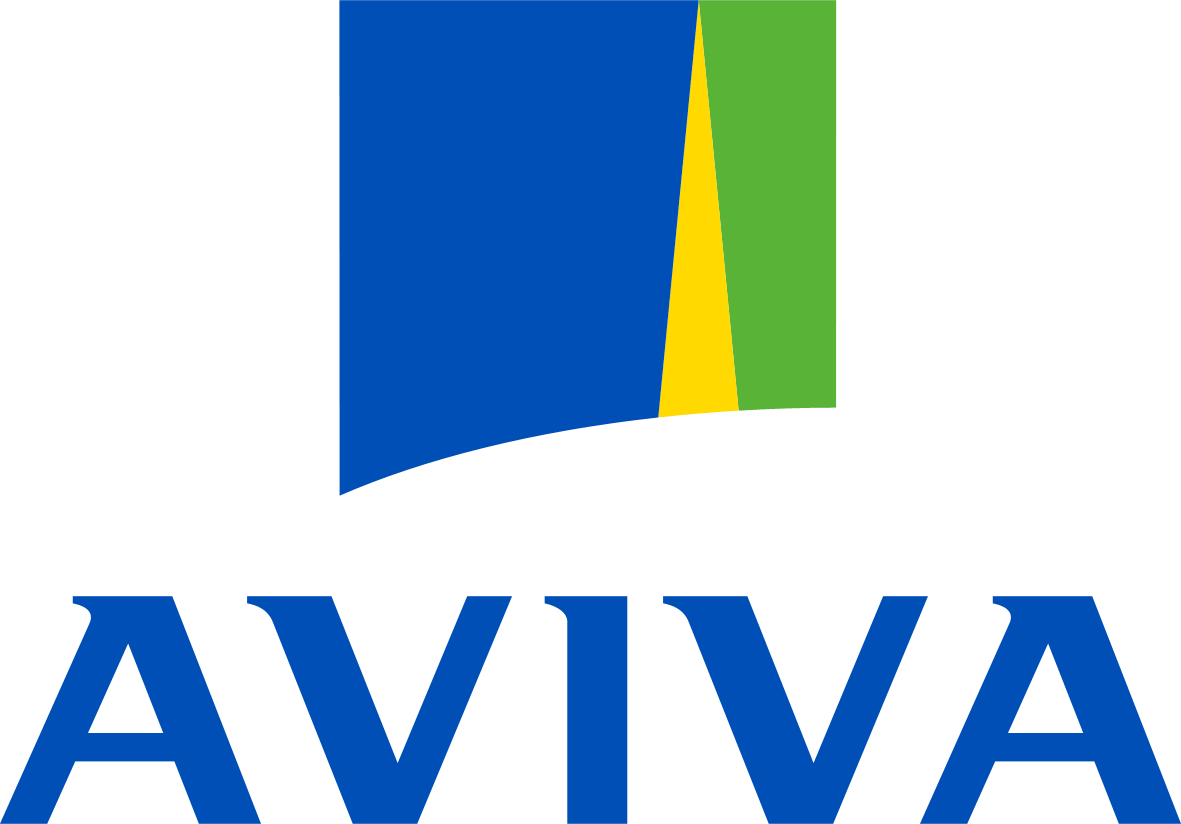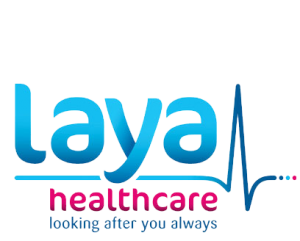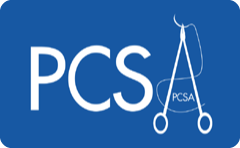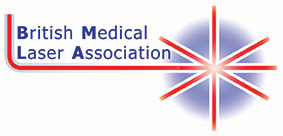 Download this form as a PDF
Download this form as a PDF
Advice for people using sun and ultraviolet light protection to guard against sunburn, redness, wrinkles and skin cancer:
Vitamin D is essential for healthy bones as it allows calcium to be absorbed in the gut. The recommended daily intake of Vitamin D for adults is 400iu (10µg). However, some doctors recommend twice this amount (ie: 800 to 1000 iu or 20 to 25µg per day ).
Sunlight is a good source of Vitamin D. Using sun protection may result in Vitamin D deficiency unless you maximise your source of Vitamin D from your diet and you take Vitamin D supplements.
Rich sources of Vitamin D include the following:
- Oily fish, such as herrings, kippers, sardines, mackerel, salmon and tuna (at least once or twice a week).
- Fortified foods such as HiLo Milk or Avonmore Supermilk
- Fortified margarines
- Eggs (seven per week or 4 per week if you have high cholesterol)
However, it is difficult to consume sufficient Vitamin D from diet alone. Other good sources of Vitamin D are Vitamin D supplements such as “Adult D 1000” by Shield Health or “ BabyVitD3 “ by KoRa ( 0.4ml/day for adults = 400iu/day ) or “D Lux spray” by BetterYou (1000iu/spray) or “D-Pearls” by Pharma Nord (1520iu/capsule ) ,or “Desunin” 800iu (available on the medical card), Boots VitD 25µg.
By taking sufficient dietary Vitamin D, there is no need to rely on sunlight or daylight as a source of Vitamin D, so it is safe to use total sunblocks, hats and appropriate clothing to protect your skin from damaging ultraviolet light rays.
In addition to taking extra dietary vitamin D, people who need to protect their skin from ultraviolet light should also take plenty of calcium to maintain good bones and teeth. Adults need at least 700mg/day. The best source of calcium is from dairy products (milk, cheese, yoghurt). Other sources of calcium include the following:
- Sardines
- Green leafy vegetables including spinach and broccoli, baked beans and red kidney beans
- Nuts and seeds
- Soya bean curd
People who do not take regular dairy produce may need to take a calcium supplement every day. Some supplements have both calcium and vitamin D (eg: “Calcichew D3 Forte“, “Caltrate”, “Ideos” , “Osteofos D3” )
To maintain healthy bones you should also do some weight-bearing exercises (e.g. brisk walking, jogging, dancing, tennis, golf etc) for 40 minutes at least three times a week.

